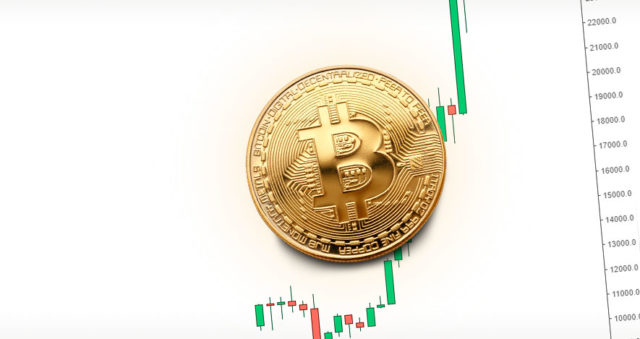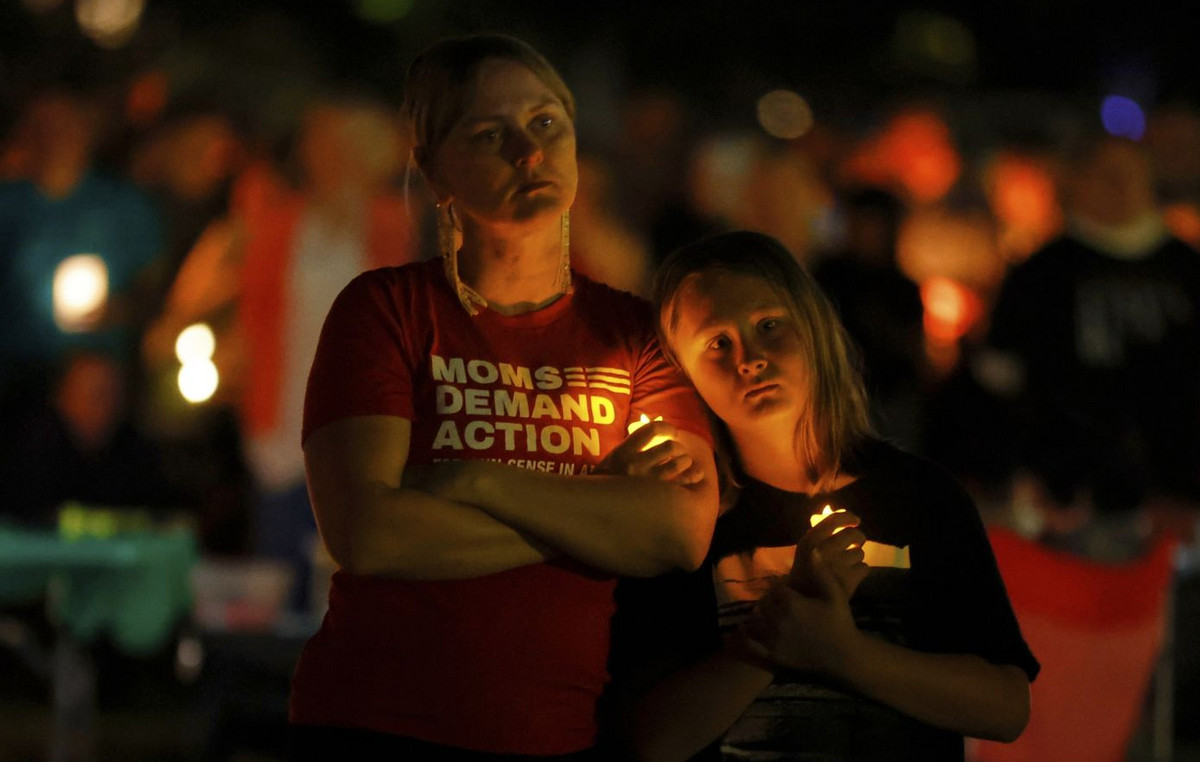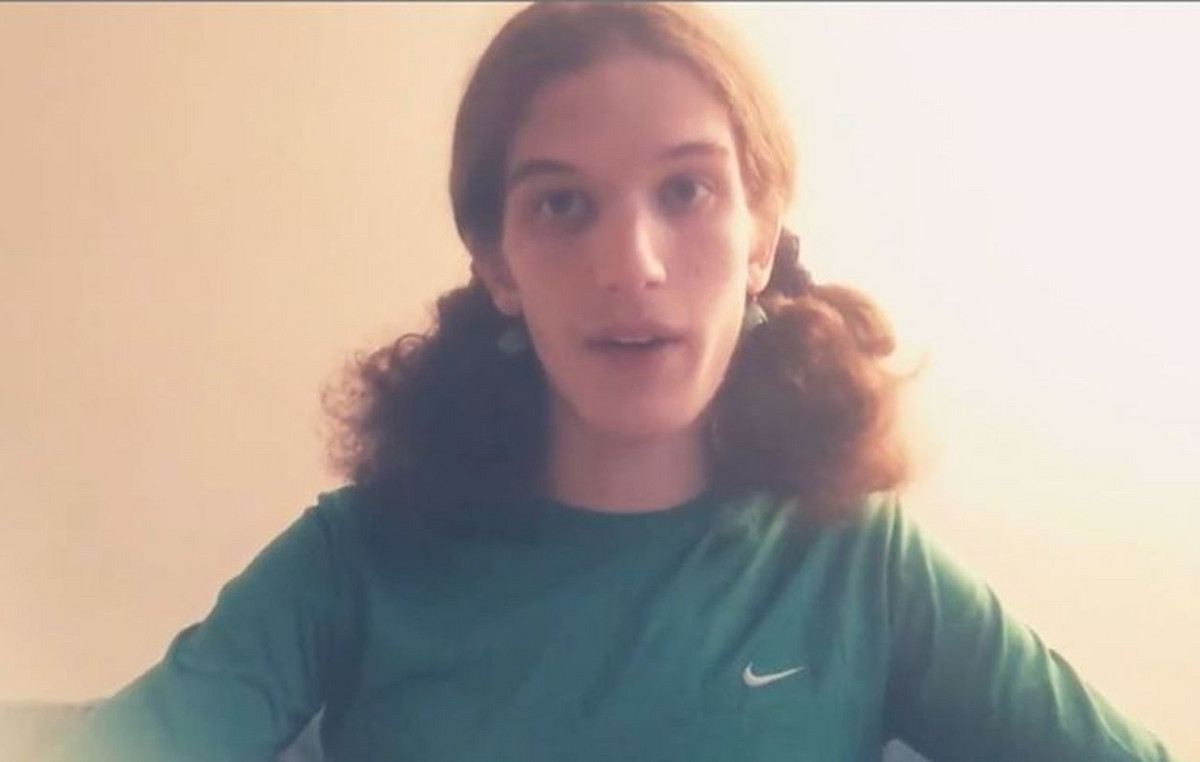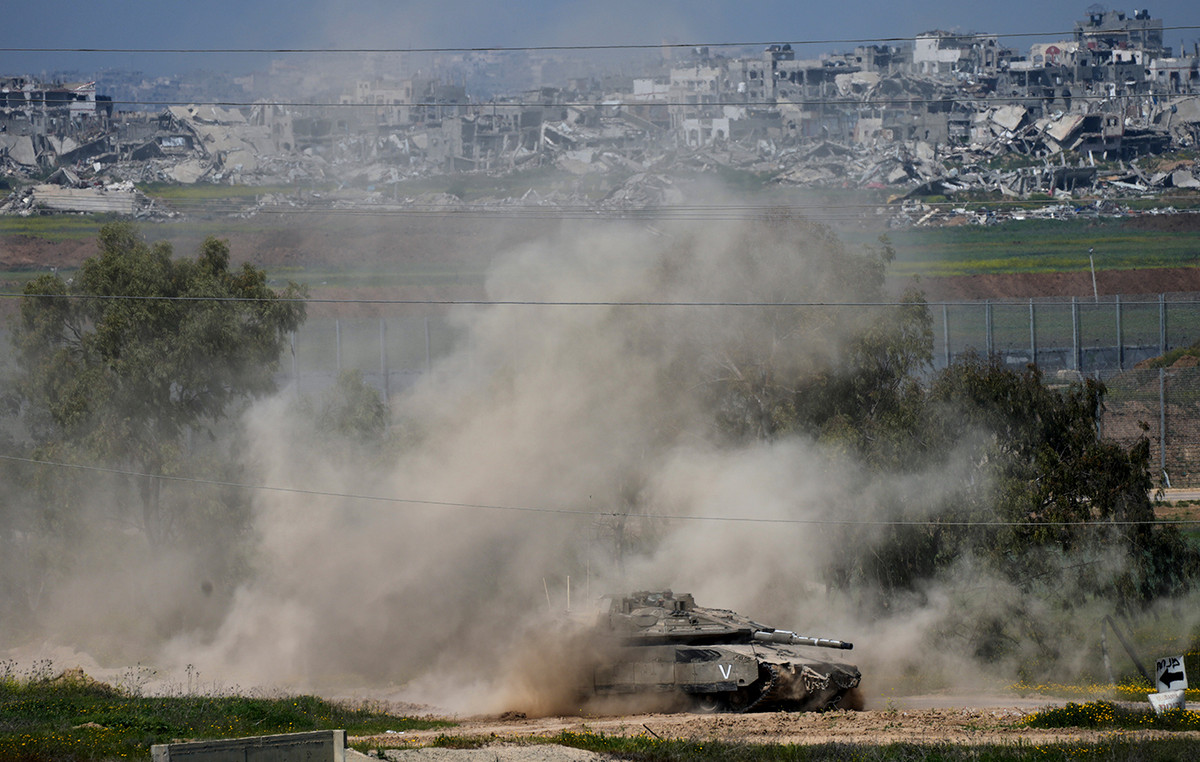Iran and the United States started high -level conversations in Oman on Saturday (12) to boost negotiations about the rapid advance of Tehran’s nuclear program. US President Donald Trump threatened to take a military action if there is no agreement.
Foreign Minister Abbas Araqchi led the Iran’s delegation while negotiations on the American side were led by Trump’s envoy to the Middle East Steve Witkoff.
“Indirect conversations between Iran and the United States, with the mediation of Oman’s Foreign Minister, began,” posted Iran’s Ministry of Foreign Ministry, Esmail Baghaei, at X.
Each delegation had a separate room and exchanged messages through Oman’s Foreign Minister, said Baghaei.
Iran addressed negotiations with caution, skeptical that they could lead to an agreement and suspicious of Trump, which repeatedly repeatedly bombarding Iran if the country did not interrupt its growing uranium enrichment program.
Although each side has talked about the chances of some progress, they remain very distant in a dispute that has lasted more than two decades and have not agreed if negotiations will be in person, as Trump demands, or indirect, as Iran wants.
Prior to the beginning of negotiations-the first between Iran and the Trump administration, including Trump’s first term between 2017 and 2021-Araqchi met with Oman’s Minister of Badr Al-Busaidi to present the “main points and positions of Tehran to be broadcast on the US”, the Iranian state media said.
Signs of progress can help calm tensions in an inflamed region since 2023 with wars in Gaza and Lebanon, missile shots between Iran and Israel, Hourthi attacks on Red Sea ships and the overthrow of the government in Syria.
However, a failure would aggravate the fears of a broader conflagration in a region that exports much of world oil. Tehran warned neighboring countries that have American bases that they would face “severe consequences” if they were involved in any US military attack on Iran.
“There is a chance of initial understanding of future negotiations if the other part (USA) enters negotiations with an equal position,” Araqchi told Iranian TV.
He said it was too early to comment on the duration of negotiations. “This is the first meeting, and in it many fundamental and initial issues will be clarified,” said Araqchi, “including if there is enough desire from both parties. Then we will make a decision on a schedule.”
The Supreme Leader, Ayatollah Ali Khamenei, who in the complex structure of power of the Islamic Republic has the final word on key questions of the state, gave Araqchi “total authority” for negotiations, an Iranian authority told Reuters.
Iran has ruled out negotiating its defense capabilities, as its ballistic missile program.
Decades dispute
Iran has long been neglecting nuclear weapons, but Western countries and Israel believe that the country is secretly trying to develop ways to build an atomic bomb.
They say that the enrichment of uranium by Iran, a nuclear fuel source, went far beyond the requirements of a civil energy program and produced inventory with a fissile level of purity close to that required in Ogivas.
Trump, who has restored a “maximum pressure” campaign about Tehran since February, abandoned a 2015 nuclear pact between Iran and six world powers in 2018 during his first term, and restored severe sanctions to the Islamic Republic.
Since then, the Iran’s nuclear program has advanced, including the enrichment of 60% fissile purity uranium, a technical advance from the levels needed for a bomb.
US Secretary of State Marco Rubio said on Thursday that he expected the negotiations to lead to peace, adding: “We make it clear that Iran will never have a nuclear weapon, and I think that’s what led to this meeting.”
Washington’s closest ally in the Middle East, Israel, who considers Iran’s nuclear program an existential threat, has long threatened to attack Iran if diplomacy cannot contain its nuclear ambitions.
Tehran’s influence on the Middle East has been severely restricted in the last 18 months with its regional allies-known as the “resistance axis”-dismantled or severely damaged since the beginning of the war between Hamas and Israel in Gaza and the fall of Bashar al-Assad in Syria in December.
This content was originally published in Iran and US initiate negotiations on Nuclear Program in Oman on CNN Brazil.
Source: CNN Brasil
Bruce Belcher is a seasoned author with over 5 years of experience in world news. He writes for online news websites and provides in-depth analysis on the world stock market. Bruce is known for his insightful perspectives and commitment to keeping the public informed.







